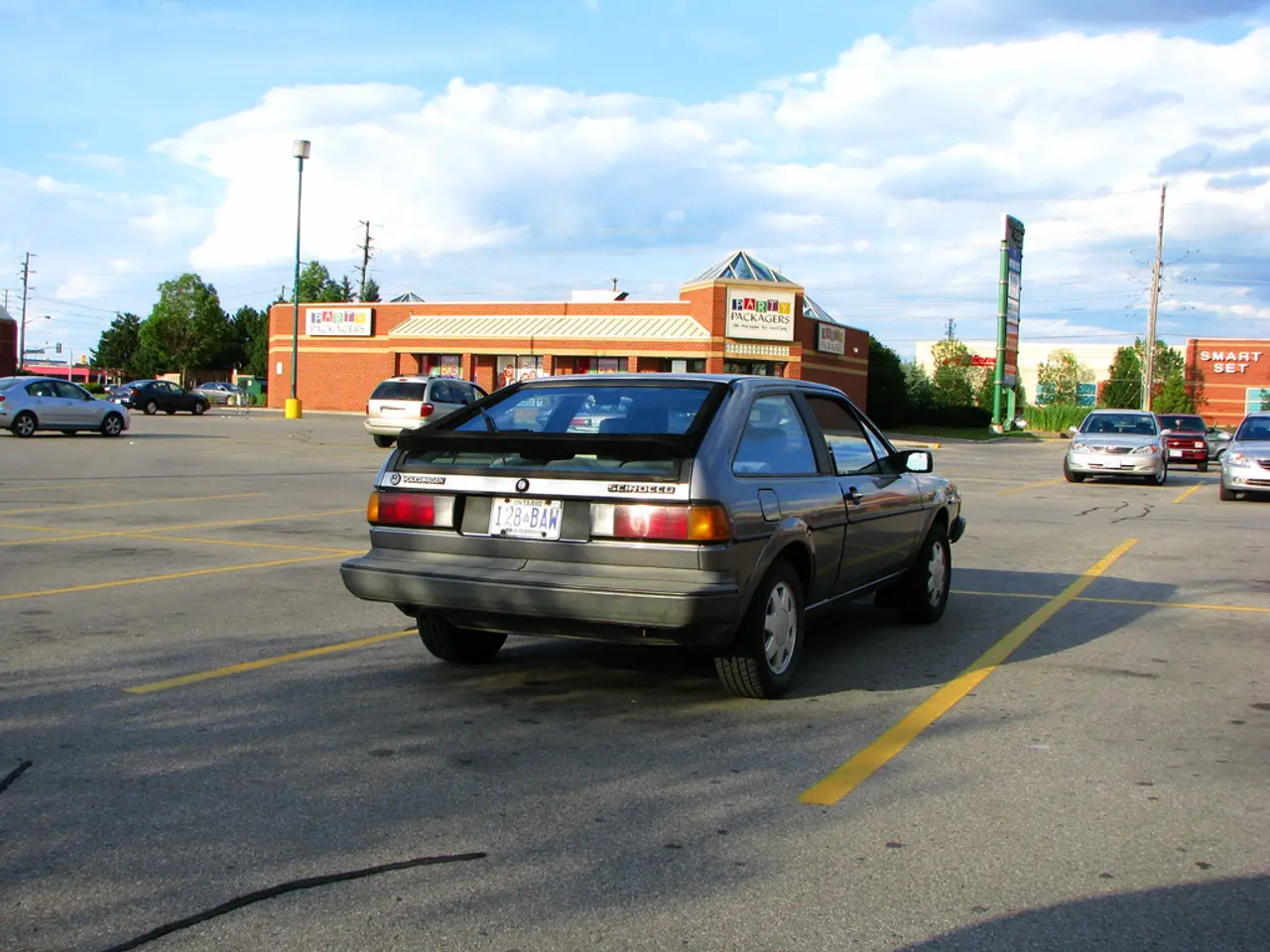- ⏰ ~2 Min Read
Berlin may transition to car-free status within a few years. - Berlin Might Transition into a Car-Free Zone in Coming Years
It's game on for those advocating for a car-free Berlin! The People's Vote Berlin initiative, aiming to ban cars in the city, can now push forward with their legislative proposal, following the Berlin Constitutional Court's approval of their application.
Last summer, the initiative collected over 50,000 signatures for its citizens' initiative proposal. The first phase required 20,000 valid signatures, but the Senate questioned the bill's constitutionality, deeming it a questionable move. The Constitutional Court, however, has now ruled otherwise. The bill aligns with the Berlin Constitution, the Basic Law, and federal law. Ludgera Selting, the court president, stated that the state legislature has ample authority under road traffic law.
It's important to note that this ruling does not determine whether Berlin will ultimately be car-free. The judges merely confirmed that the initiative remained within legal boundaries.
Say Goodbye to Lengthy Car Journeys in Berlin?
If successful, the initiative plans to establish "car-reduced streets" within the S-Bahn ring, excluding federal roads, after a four-year transition period. Private car usage would be limited to twelve times a year per individual. Exemptions would be made for specific groups, such as persons with disabilities, emergency services, waste disposal, taxis, deliveries, and buses.
The Power on Berlin's Streets Belongs to the People
With the court's approval, the People's Vote Berlin initiative is now one step closer to the next phase. Within four months, they must collect at least seven percent of Berlin voters' signatures, equivalent to around 170,000 people. If successful, a public vote would ensue, where the bill would be evaluated similar to an election. The measure would pass if it gained a majority of voters and at least a quarter of all eligible voters agreed.
- Berlin
- People's Vote
- Constitutional Court
- Car
Insights:
- This legal victory marks a significant breakthrough for supporters of the car-free initiative, as it allows the measure to progress toward a public vote, which could lead to legislative changes banning cars in a large downtown zone of Berlin—an area larger than Manhattan.
- The court's decision may serve as a legal benchmark for other metropolitan areas in Germany or Europe to pursue similar car-free policies, reinforcing the legal viability of such transformative urban planning measures under constitutional law.
- The People's Vote initiative could establish a significant precedent for human-centered urban transport policy in Germany and beyond by reshaping mobility, public space, and environmental regulation.
Subscribe to our free capital newsletter to stay informed on the latest from Berlin's politics scene!
The Berlin Constitutional Court's approval of the People's Vote Berlin initiative's application sets the stage for a move towards vocational training in policy-and-legislation, as the initiative moves forward with its legislative proposal for a car-free Berlin. This victory could potentially inspire similar car-free initiatives in the realm of general-news, such as other metropolitan areas in Germany or Europe, highlighting the broader implications of this policy shift in the politics of urban planning.





